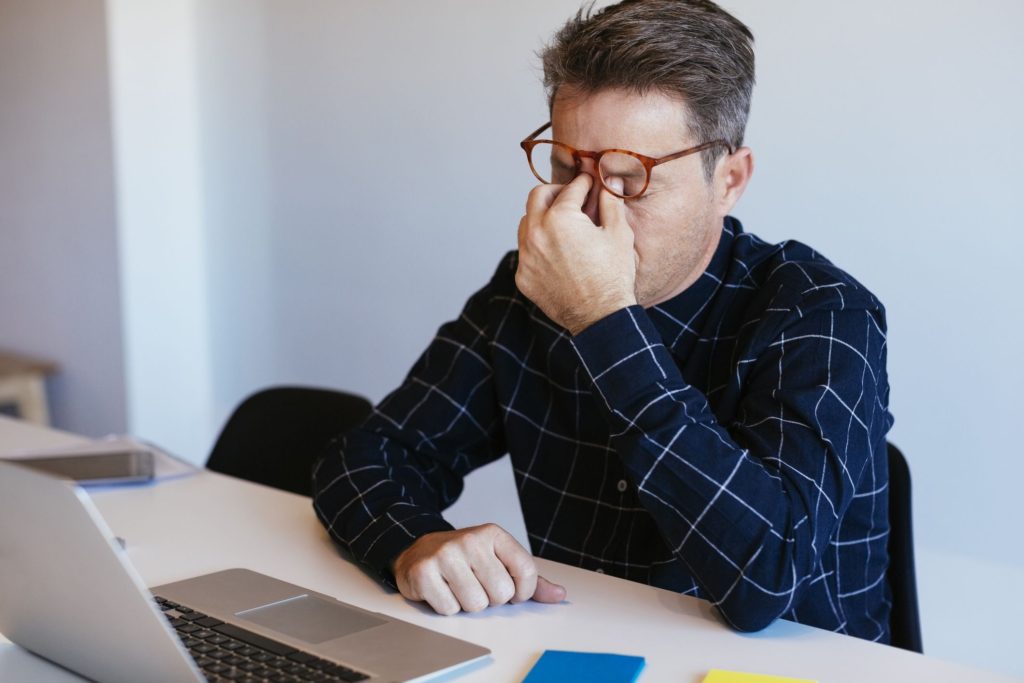At some point in your career, you must have experienced the inevitable stressful
The credit goes to the psychologist Herbert Freudenberger, who was the first to coin the term back in 1974. He defined it as “a state of mental and physical exhaustion caused by one’s professional life”, and just last month, the World Health Organization (WHO) added an expanded definition of burnout as a work-related disease.

The WHO also went into more detail to describe some symptoms of burnout, which included a lack of energy, fatigue, feeling negative about one’s job, as well as reduced productivity.
In some professions such as aviation and healthcare, burnout could lead to disastrous outcomes as it causes an increase in the likeliness of human error.
In 2018, a US study found that in a sample of 6,586 doctors, those expressing symptoms of burnout were twice as likely to have made a life-threatening mistake within the past three months. Another study in the aviation field also brought about similar results, with pilots suffering from burnout posing a major threat to flight safety.

In other professions such as teaching, burnout can have even more adverse consequences over the long term, as a fed-up teacher can potentially cause life-long damage within pupils.
One prominent study that took place in the UAE back in 2017 and was published in the Journal of Family Medicine and Primary Care, showed that 70 percent of those surveyed expressed at least one symptom of burnout.
To this day, most of the research carried out regarding burnout sought to define it and find means to measure it, but little has been done to actually solve the issue. Many of those feeling burnt out slip into depression feeling alone and helpless.

How to avoid it? Well, according to Justin Thomas, a professor of psychology at the UAE’s Zayed University, prevention is more preferable than cure. One successful prevention method is trying to manage the response to these burnout episodes. This could be done through learning different ways to manage and relieve stress, to be mindful of it, but not let it build up.
These techniques will not be efficient if the work environment remains toxic. Therefore, we should all avoid overwork and over stressing as these two factors were often found to be the source of the problem. Managers also have a responsibility to ensure that profit and productivity are not prioritized over their employee’s well-being.



